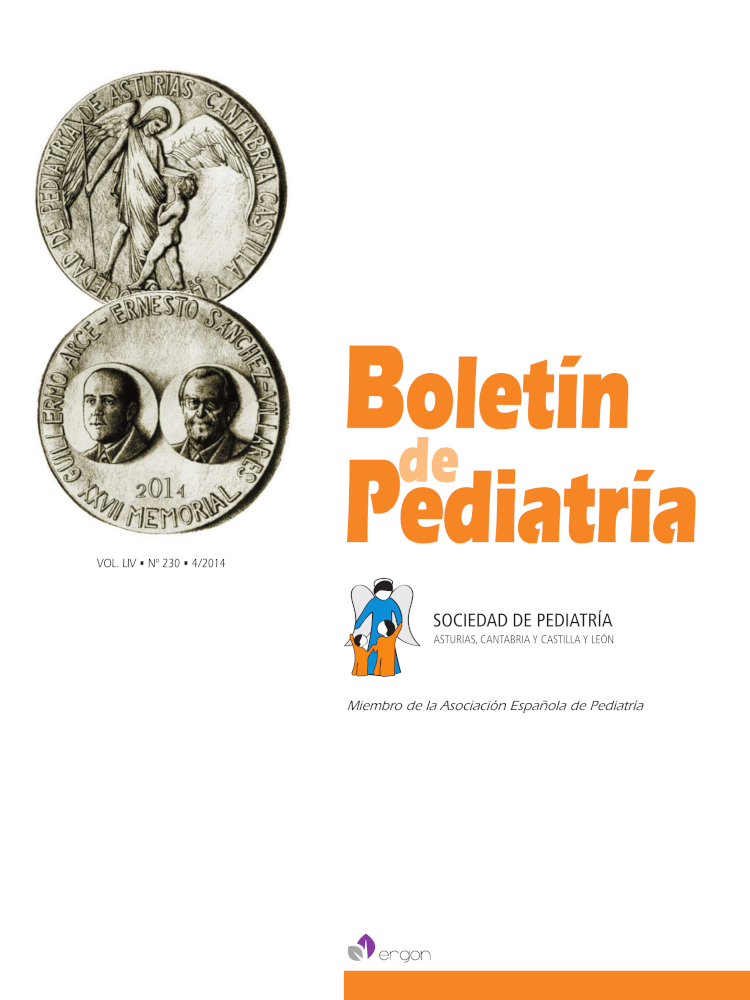Abstract
Advances in the treatment of childhood cancer have led to a significant improvement in survival of these patients, reaching 80% in developed countries. However, this has involved both an increase in the incidence of second malignancies and long-term effects resulting from the tumor itself, diagnostic techniques and treatment. Therefore, it is essential an appropriate coordination between the team of Hematology-Oncology and Pediatrics Primary Care. This one should be duly informed of the diagnosis and treatment received, as well as potential risks. This will improve the monitoring of patients and their morbidity and mortality, and therefore, their quality of life.

This work is licensed under a Creative Commons Attribution-NonCommercial 4.0 International License.
Copyright (c) 2014 Boletín de Pediatría
